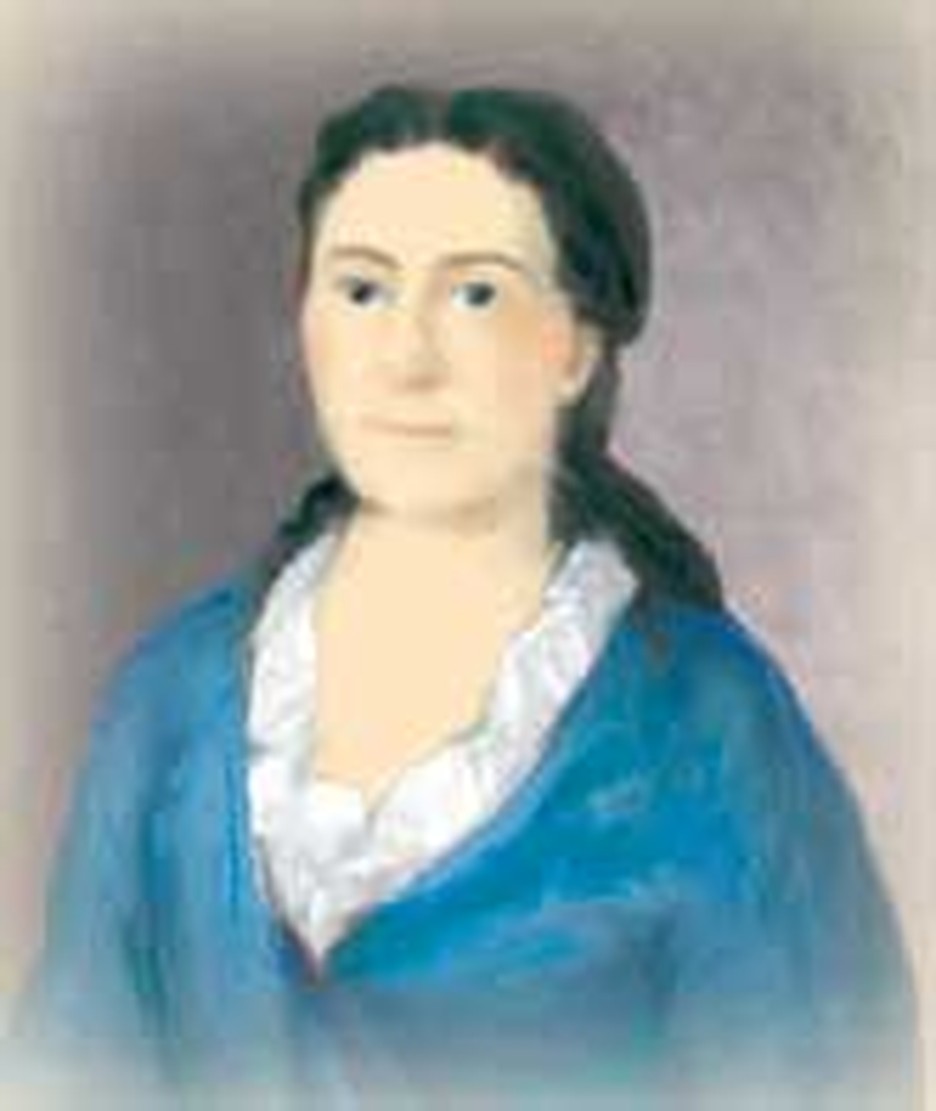
Samuel Hopkins was a Connecticut farm boy of the eighteenth century who might have been content to stay on the land as a farmer had not the farm began to fail about the same time that he became interested in books. As a result, he left home at fourteen to study. The result of that decision was that he created a variation of Calvinism known as Hopkinsianism or "the New Divinity." He also became the model of a leading character in Harriet Beecher Stowe's novel The Minister's Wooing.
After studying at Yale and then in the home of Jonathan Edwards, Samuel filled pulpits here and there before becoming pastor of Housatonic (now Great Barrington, Massachusetts). He was a much better writer than speaker. Another famous preacher of the day, William E. Channing, remarked, "He was the very ideal of bad delivery; such tones never came from any human voice within my hearing."
As a young man, Samuel believed that Jonathan Edwards was right to teach that pastors must be converted before preaching. He came to loathe his sinful self. One evening he had an experience in which the presence of God was strong to him, and he thought that was his conversion, but to the end of his life he admitted that he wasn't quite sure he was saved.
Samuel's thinking got him in trouble wherever he went. One of his central ideas was that a person must love God so much as to be willing to be damned if that is for God's glory. "You know that it is most for the glory of God that some should be damned. And if you do not know that you are a Christian, you do not know but it is in fact true that you should be damned...Supposing, then, this were true...how ought you to feel with respect to it? Ought you not be willing to be damned?"
His logic sprang out of another key idea in his thinking: that we must have benevolence without regard for ourselves. Any form of self-love was completely wrong. To many of his contemporaries, this was contrary to the Bible's promises of rewards which certainly seem to appeal to people on the basis of their long-term self-interest. However, it was hard to argue with him, since he really did live a life of love, doing what he thought best for his congregations, even when it meant he went hungry.
The minister also angered Puritan slave owners by preaching that slavery is wrong. His arguments sprang directly from his theology: To hold anyone as a slave was not benevolent or loving toward them. When he was a pastor in Rhode Island, he started a successful drive to outlaw slavery in that state.
Samuel Hopkins' thinking had a strong effect on government theory. A republic, such as the United States, would work well only if its high officials sacrificed their own interests for what he called "the public interest." He also envisioned a future in which the church would usher in the Millennium, Christ's thousand year reign on earth (which he said was not to be taken literally).
Samuel suffered a severe stroke in 1799. He continued to preach until his death four years later, although he could not do much for himself. By his death on this day, December 20, 1803, more than 100 New England pastors had adopted his theological system, in part because it offered an explanation of how God could be completely sovereign (as their Calvinism taught) but not responsible for the sins people commit.
Bibliography:
- Chamberlain, Elizabeth. "The Life of Samuel Hopkins." Papers from Hillsdale College. http://www.hillsdale.edu/dept/Phil&Rel/JE/ HopkinsS/ChamberlainE.html
- Koller, Peter. "Samuel Hopkins: Theology and Writing." Papers from Hillsdale College. http://www.hillsdale.edu/dept/Phil&Rel/ JE/HopkinsS/KollerP.html
- Post, Stephen G. Christian Love and Self-Denial; an historical and normative study of Jonathan Edwards, Samuel Hopkins, and American theological ethics. Lanham, Maryland: University Press, 1987.
- "Samuel Hopkins." Virtual American Biographies. Appleton's Encyclopedia. http://www.famousamericans.net/samuelhopkins
- Various encyclopedia and internet articles.
Last updated July, 2007








